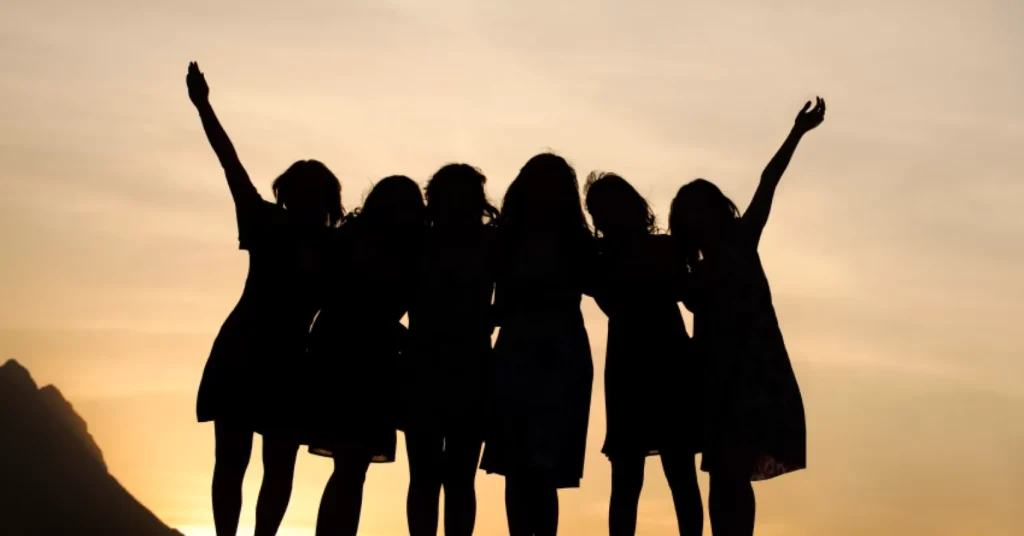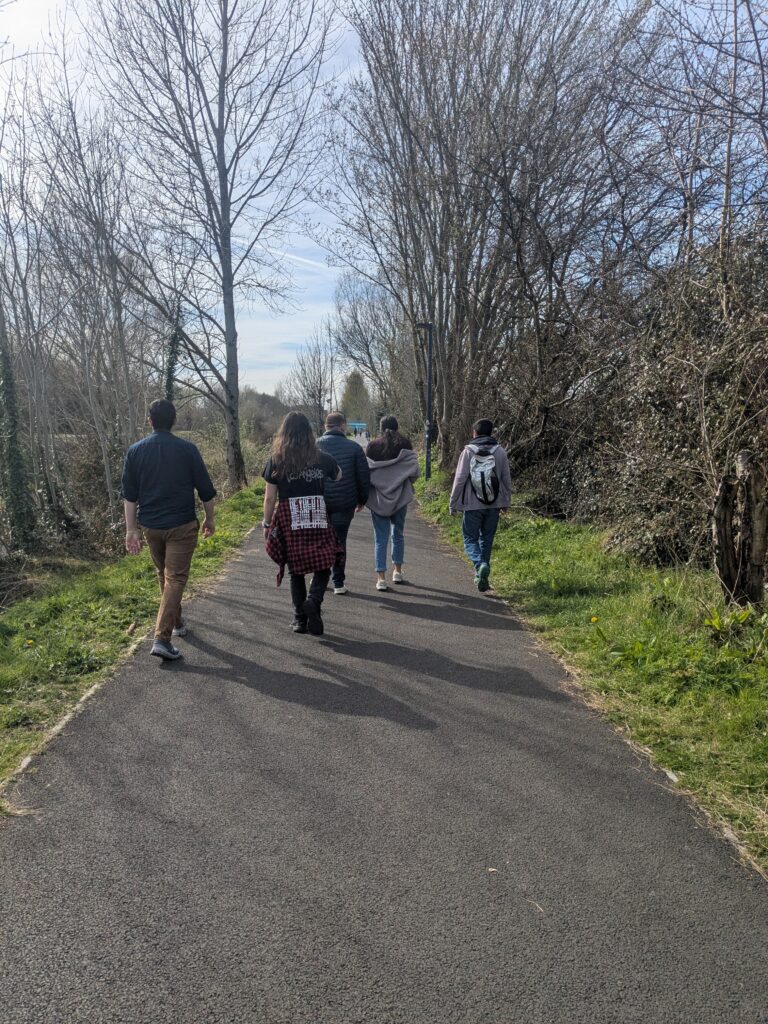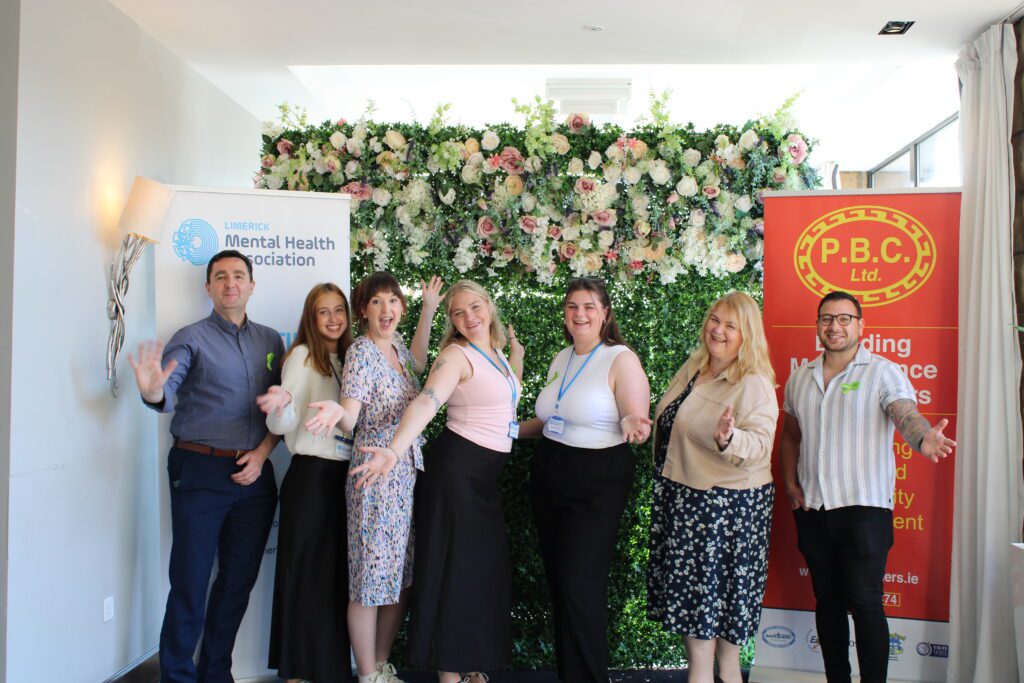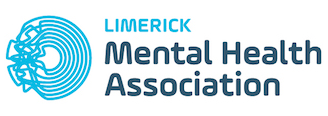
“Friendship is the only cement that will ever hold the world together.” — Woodrow Wilson
As we step into July, a month full of warmth and connection, Limerick Mental Health Association turns its focus to one of the most healing and vital aspects of mental wellbeing: Friendship.
Whether it’s a friend who listens without judgment, a walk with someone who knows your story, or even a text from someone just checking in, friendship is often the invisible thread that holds us together in our most vulnerable moments.
Why Friendship Matters
We are social beings. Human connection is not just a luxury, it’s a necessity. When we cultivate strong, supportive friendships, we build a powerful protective factor against stress, anxiety, depression, and isolation.
Studies suggest that individuals with strong social relationships are 50% more likely to live longer than those who are isolated. That’s not just about quantity, it’s about the quality of those relationships.
Friendship can:
- Reduce feelings of loneliness
- Improve self-worth and confidence
- Provide a sense of belonging
- Encourage positive behaviours
Offer emotional support in times of need
Friendship and Mental Health Recovery
For those navigating the challenges of mental health, friendships can be a cornerstone of recovery. A friend who understands without needing every detail, who can sit with you in silence, or distract you with humour, is worth their weight in gold.
People who experience mental health difficulties often face stigma or feel isolated. This makes friendship even more crucial. Supportive friends can:
- Help normalize the experience of mental health challenges
- Encourage seeking professional help
- Offer a space to talk without fear of judgment
Sometimes, a friend is the first person someone confides in. Their response can shape the next step, toward help or away from it.

When Friendship is Hard
While friendships are valuable, they’re not always easy. Mental health struggles can make socialising difficult. Sometimes we pull away when we most need connection. Or, we might worry that we’re a burden.
If you’ve been on either side, reaching out to a friend or trying to be there for someone else, you’ll know that it’s not always straightforward. And that’s okay.
Here are a few things to remember:
- It’s okay to be honest: “I’m not in the best place right now, but I appreciate you being here.”
- Boundaries are healthy: Being a good friend doesn’t mean always being available, it means being supportive in a way that’s sustainable.
- Small gestures count: You don’t always have to ‘fix’ things. Sometimes a cuppa, a walk, or a funny meme is enough.
Building and Nurturing Friendships
Friendship, like any relationship, needs tending. But the good news is that even small efforts go a long way.
Ways to nurture friendships:
- Reach out first – Don’t wait for someone else to text or call. A simple “How are you doing?” can mean the world.
- Be present – When you’re with a friend, try to really be there. Put the phone away and give them your attention.
- Celebrate milestones – Birthdays, promotions, even small wins—acknowledging these shows you care.
- Be vulnerable – Real friendships grow when we share more than just the good stuff.
- Stay consistent – Even if it’s just a monthly coffee, routine builds connection.
And if you’re looking to make new connections, joining a community group, hobby club, or volunteer organisation can be a great place to start. The Limerick Mental Health Association runs several programs and events that bring people together in supportive environments.

Final Thoughts: Friendship Is a Two-Way Street
Being a good friend isn’t about being perfect. It’s about showing up. Listening. Laughing. Sharing the load. And letting others do the same for you.
As we reflect on friendship this July, let’s take time to appreciate the people in our lives who bring light into dark days, and let’s also commit to being that light for someone else.
Because friendship, at its heart, is about being human—together.
Resources and Support:
- If you’re feeling isolated or struggling, we’re here to help. Visit our website or drop by the LMHA for a chat.
- Check out our Need Help Now page for local and national supports.
Let’s celebrate the friendships that heal, support, and uplift us.
Together, we are stronger.
